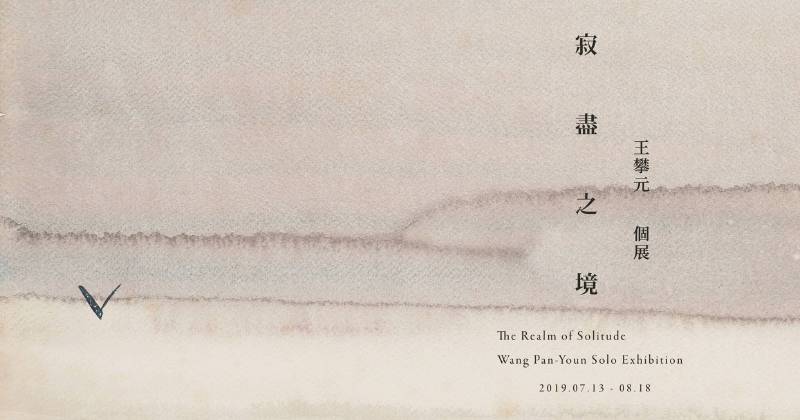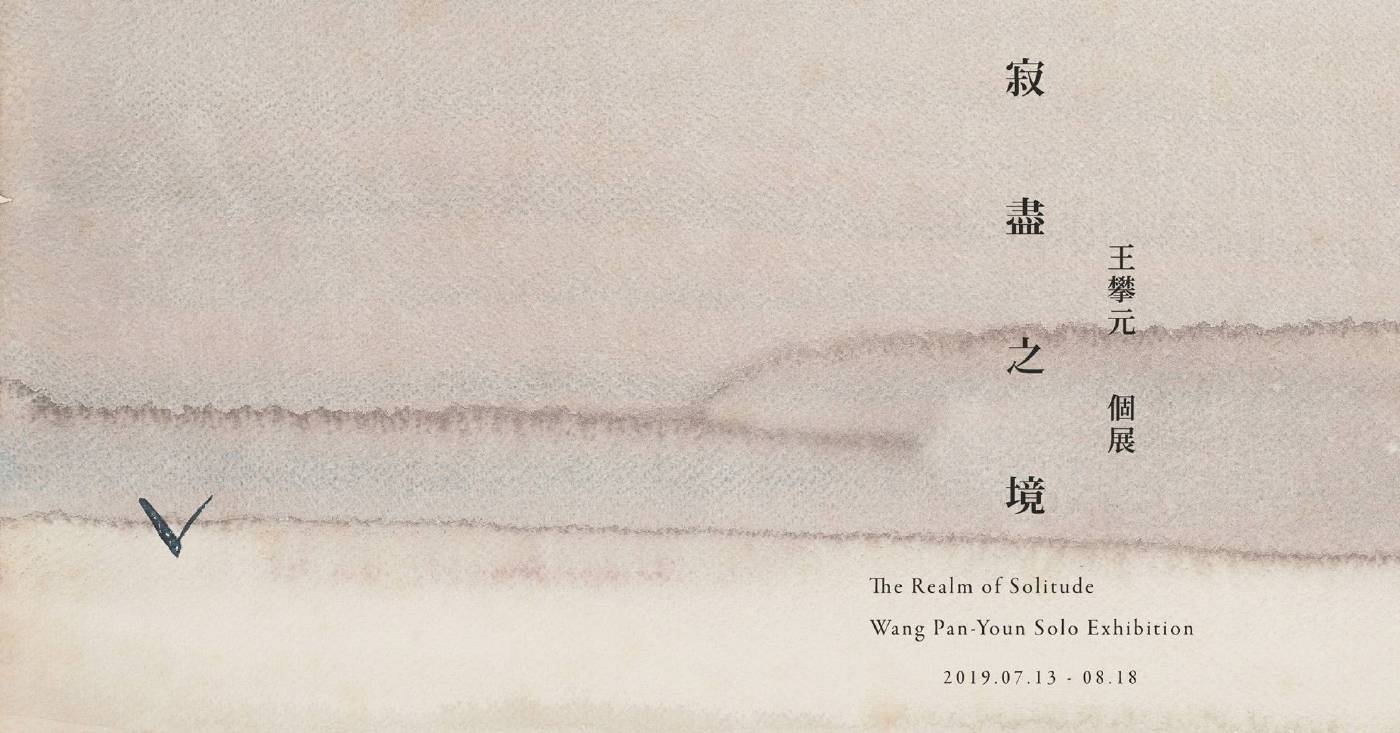耿畫廊
【寂盡之境】王攀元個展

-
展期
日期:2019-07-13 ~ 2019-08-18
-
地點
台北市內湖區瑞光路548巷15號
-
參展藝術家
王攀元
-
王攀元自傳式的藝術語言,呈現出沉默而淒哀的孤寂美學,藉以標題「寂盡之境」道盡王攀元顛沛流離、至晚年豁達而澹泊的心緒。20世紀上半葉,是全球人口與文化流動最密集的一個時代,有些人為了理想而出走,有些則是因為戰禍而離異,無論如何,鄉愁與孤寂成了多數人的集體情結。
相對當代許多留學海外的學子,包含那位永遠的故人──季竹君,都是懷抱著希望遠走他鄉,但王攀元除了走上相反離異之路外,更多了一層無奈與悔恨,這樣的情緒使王攀元的藝術直觀自身心底的孤寂,觸動觀者心弦;儘管後來倪月清成了他一生所愛與歸宿,但季竹君所象徵的那段缺憾,遂成為他終其一生追尋不得的故鄉。
歷史的傷痕烙印在王攀元的身上,讓鄉愁成為他與台灣近代歷史的共同的鏡像。王攀元將自身生命的缺憾寄託於繪畫中,他讓自己投射於畫中孤獨的動物、人影、孤帆,與屋舍,那孤獨而抑鬱的藝術語言,映照著他人生大半輩子的流離失所、回不去的原鄉,在畫中喃喃吟嘆已碎的思鄉夢。獨特的孤寂美學不只反映著王攀元個人的遭遇,更是那個時代洪流下的顯影。
王攀元將個人坎坷經歷,以象徵的手法入畫,畫面結構簡約而用色精準,畫中人物對象極度壓縮反映著他的人生心境。王攀元於1933年入上海美術專科學校就讀,師承潘玉良等人,擅長水墨、水彩、油畫等媒材,中日戰爭爆發後便中斷了藝術學業,於1949年攜家眷隨國民政府來台落腳高雄,因生計短暫於碼頭當臨時搬運工;後輾轉定居宜蘭擔任美術教師,於1961年與友人共組「蘭陽畫會」,至此王攀元才得以漸受重視,並成為台灣重要的藝術家之一。
藉王攀元回顧在那個多數藝術學子都嚮往遠走他鄉、追求藝術理想的時代下,王攀元迫於無奈地處於時代的另一面。遷徙與鄉愁可說是亞洲現當代藝術脈絡的現實基礎,唯有我們看清歷史時,我們才得以見著全貌。
------------------------------
The Realm of Solitude—Wang Pan-Youn Solo Exhibition
Exhibition Dates | 07.13–08.18.2019
Guided tour by Ms. Pauline Kao, Deputy Director of National Museum of History | 07.13.2019 (Sat.) 4:30 p.m.
Venue | Tina Keng Gallery (1F, No. 15, Ln. 548, Ruiguang Rd., Neihu Dist., Taipei, Taiwan 114)
The Tina Keng Gallery is pleased to present The Realm of Solitude, a solo exhibition of Wang Pan-Youn (1908–2017). Known for his artistic vocabulary deeply tinged with personal history, Wang has cultivated a reserved and melancholic aesthetics of solitude. This exhibition pays homage to Wang’s life from his displacement in early days to his contentedness in later years. The first half of the 20th century saw an intense cultural exchange and population movement. Some emigrated for lofty ideals; others suffered displacement because of warfare. Nostalgia and loneliness became entwined in the collective consciousness of these roamers or displaced persons.
In contrast to the oversea students, including his lost great love Ji Zhu-Jun, who went abroad to pursue their ideals, Wang went a different path that eventually led to his despondency, and to the ruefulness in his work that echoes a sentiment at once personal and universal. Even though Ni Yue-Qing became the love of his life, Ji Zhu-Jun came to represent an exquisite sense of loss etched in Wang’s unrequited yearning for the motherland.
Wang’s work, permeated with an enduring sense of nostalgia, mirrors the tumultuous times he lived through, simultaneously attesting to the modern history of Taiwan. Discontent with his life, Wang projects himself as solitary animals, humans, sails, or houses in his painting. The forlorn artistic language speaks a wistful dream where home is a distant memory, a lifetime of displacement a haunting evanescence. This poignant aesthetics of solitude reflects not only the artist’s personal experience, but a fragment of collective memory.
Personal struggle and emotional suffering imbue the artist’s work, embodied through a minimal composition and a succinct palette. The subject in his painting is reduced to a distorted form closely reflective of his mentality. Wang entered the Shanghai Academy of Art in 1933, and studied under virtuosos such as Pan Yu-Liang, honing his skills in ink, watercolor, and oil. His education came to a halt when the Second Sino-Japanese War broke out in 1937, and moved with his family to Kaohsiung, Taiwan with the Kuomintang government in 1949. Wang first served as a temporary dock porter to make ends meet before he relocated to Yilan as an art teacher. It was not until he cofounded the Lanyang Painting Association with a group of friends in 1961 that he began garnering attention for his work, and gradually became one of the pivotal figures in Taiwan’s art circle.
Through the presentation of Wang Pan-Youn, the Tina Keng Gallery paints a scene from the past where Wang was fatefully forced onto a different path while many of his peers moved abroad for their artistic pursuits. Displacement and nostalgia forms an intrinsic part of Asian modern and contemporary art, where history almost always mirrors the human condition.
